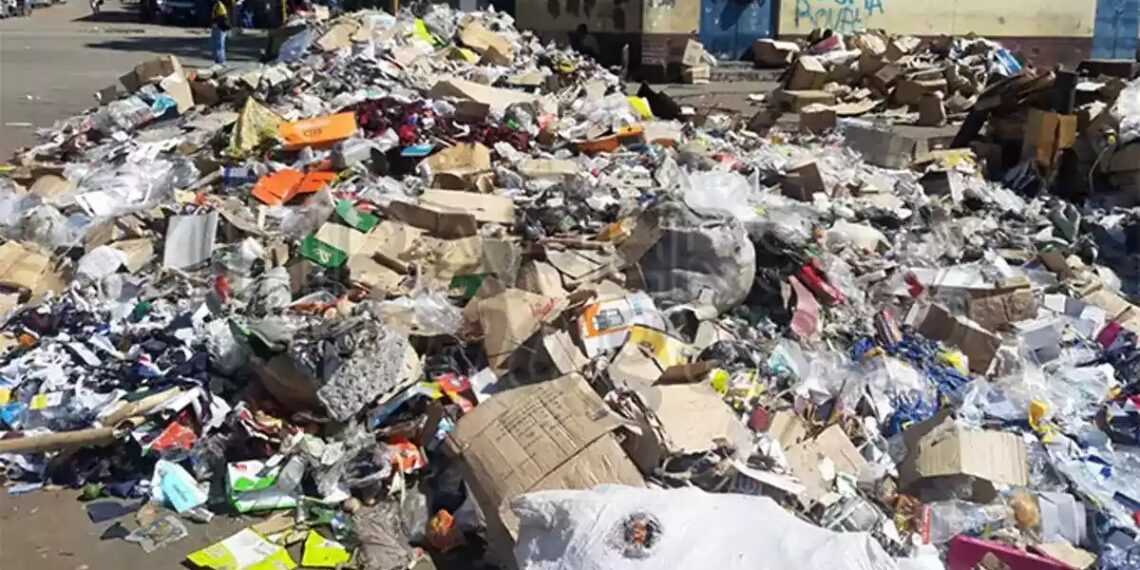
The Environment - In the farming town of Karoi on the outskirts of Chikangwe high-density suburb an unlikely scene is unfolding, what was once a rising heap of garbage has now transformed into a thriving hub of sustainable livelihood for a dedicated team of 17 volunteers, with 10 women among them.
Their daily grind involves meticulously sorting through the refuse dumped by council trucks, but this is no ordinary waste management operation. It’s the heart of a pilot zero waste initiative spearheaded by a consortium of three enterprising companies: Chenai Projects Group, Johsem Waste Solutions, and Chima-Kashiri Metal Waste and Scrap.
Chenai focuses on composting organic waste and educating the community on zero waste practices. Meanwhile, Johsem Waste Solutions takes charge of recovering recyclable resources from commercial entities, processing them into bales, chips, and marketing them effectively.
On the other hand, Chima-Kashiri specialises in reclaiming metal waste, timber scraps, construction debris, glass, rubber, and more. The efforts of these enterprises not only contribute to environmental preservation but also uplift the waste management standards of the area.
Related Stories
On March 30, 2024, the world marked International Zero Waste Day, a global event dedicated to promoting sustainable waste management practices. Never Gariromo, chairperson of the Zimbabwe Zero Waste Consortium, highlighted the journey towards this milestone.
“We joined the Zero Waste International Alliance in 2018 and by 2020, we were part of the Global Alliance on Incinerator Alternatives that subscribes to the Zero Waste International Alliance.
“In 2021, the ZWIA members petitioned the United Nations Environmental Programme to consider adopting the zero waste concept as the only sustainable strategy directly contributing to the achievement of Sustainable Development Goals by 2030. The petition was reviewed and on December 14, 2022, the UN adopted zero waste as a key driver to attainment of the SDGs,” Gariromo said.
To strengthen this initiative, the Environmental Management Agency trained over 6 000 community members on recycling as a business, further highlighting the economic potential of waste management.
In a statement to mark the day, United Nations Secretary-General Antonio Guterres said there is need for a comprehensive approach to achieving zero waste. “Governments at all levels must build circular economies that address resource depletion and management and invest in modern waste-management programmes anchored on reuse, recovery and waste prevention. On this Zero Waste Day, let’s pledge to end the destructive cycle of waste, once and for all,” Guterres said.




















Leave Comments